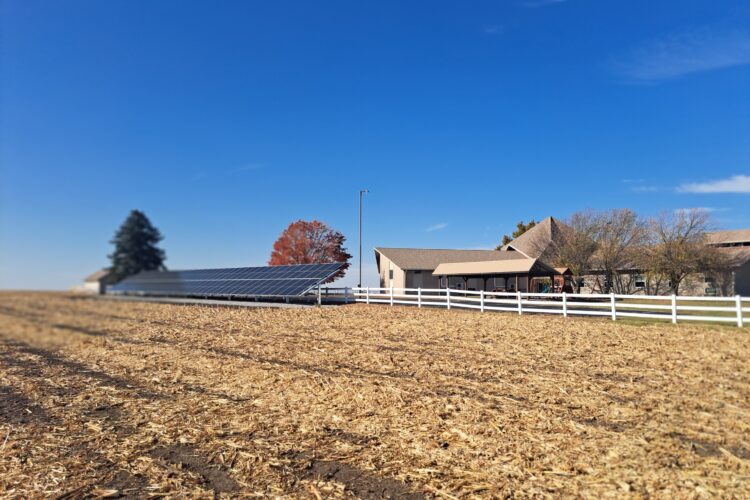Finding Peace in Troubled Times

By Jay O’Hara.
ON CHRISTMAS EVE I went out with my in-laws to church service in upstate New York. The big crowd gathered in the chapel on the campus of Cornell University, and the minister hit all the right notes for this presumably liberal crowd: alluding to the occupant of the White House, pleading the cause of the immigrant, and giving voice to the yearning for peace and calm.
But something felt deeply off for me. In the midst of the carols and candlelight, the minister expressed a longing for silence, calm, stability, and peace in this time of upheaval. She claimed that the time is coming where the strong and gentle people will win.
Honestly I don’t think it’s going to work that way.
What can winning mean when we are exceeding multiple tipping points of irreversible cataclysm? What can winning mean when untold millions are doomed to suffer? What can winning mean when right now millions suffer the injustice of poisoned water, toxic land, and unbreathable air, often because of the color of their skin or the poverty they were born into?
Here is where this message hits me and my work on climate justice at the end of 2018.
While injustices, grinding poverty, and oppression continued unabated, much of the liberal US, much of the climate movement, and much of the Quaker world, hungers for a particular peace and calm enabled by an escapist life of privilege. This definition of peace flows from a position of privilege in which those realities don’t disturb the lives of many white liberals when there isn’t daily outrage spewing from the White House. It’s out of sight and out of mind.
We are entering an age of increasing conflict. If the movement for climate justice is going to make the future better, reduce emissions, and reduce the harm, we are going to have to put aside any hopes for that sort of “peace.” I believe we are going to have to cultivate an inward calm and clarity that is infectious, and invite others who hunger for justice into bold action in a world that rages further into disaster. We are going to have to nurture an inward peace that carries us into direct action confronting the juggernaut of the carbon industrial machine.
But the Quaker way, and the example of Jesus, is to put away the hope that everything is going to turn out OK. It is to know intimately the experience of a redemption that comes not from winning, not from running away, but from faithfully following the Spirit into the very depths of hell on earth.
Are we ready, as Friends, to trust God enough to step out in this way? Have we found that place of peace that passes all understanding and allows us to bear the cross, not as a burden but as the gift that we are given to serve in these times?
I have hope that Friends may shine this light brightly this year. My secular climate work with the Climate Disobedience Center in 2018 focused on creating structures for activists to build up some of that personal and interpersonal resilience. If you’re feeling a call to step out in front of the empire, and build a team to stand in the way of the fossil fuel industry in this new year, I’d invite you to check out our climate disobedience praxis groups. You can find the invitation at climatedisobedience.org/invitation.
Many blessings for all that you did to take necessary action in these troubled times this year. I’m grateful to be on this journey together.

